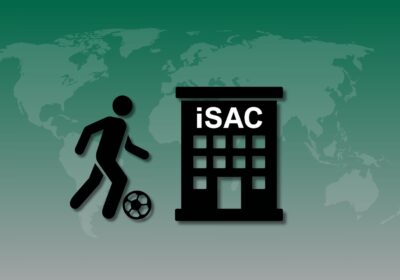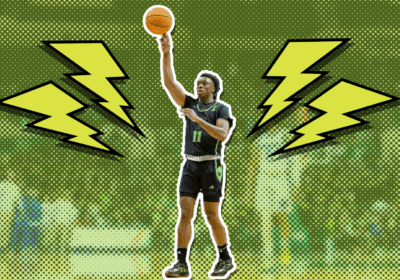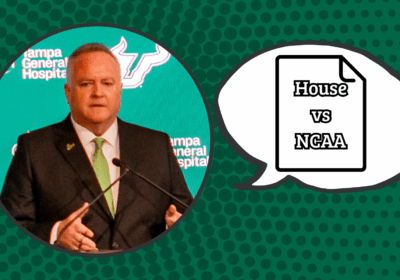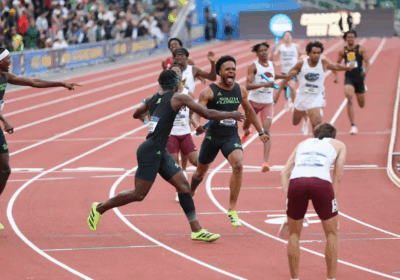Commentary: Close the gates
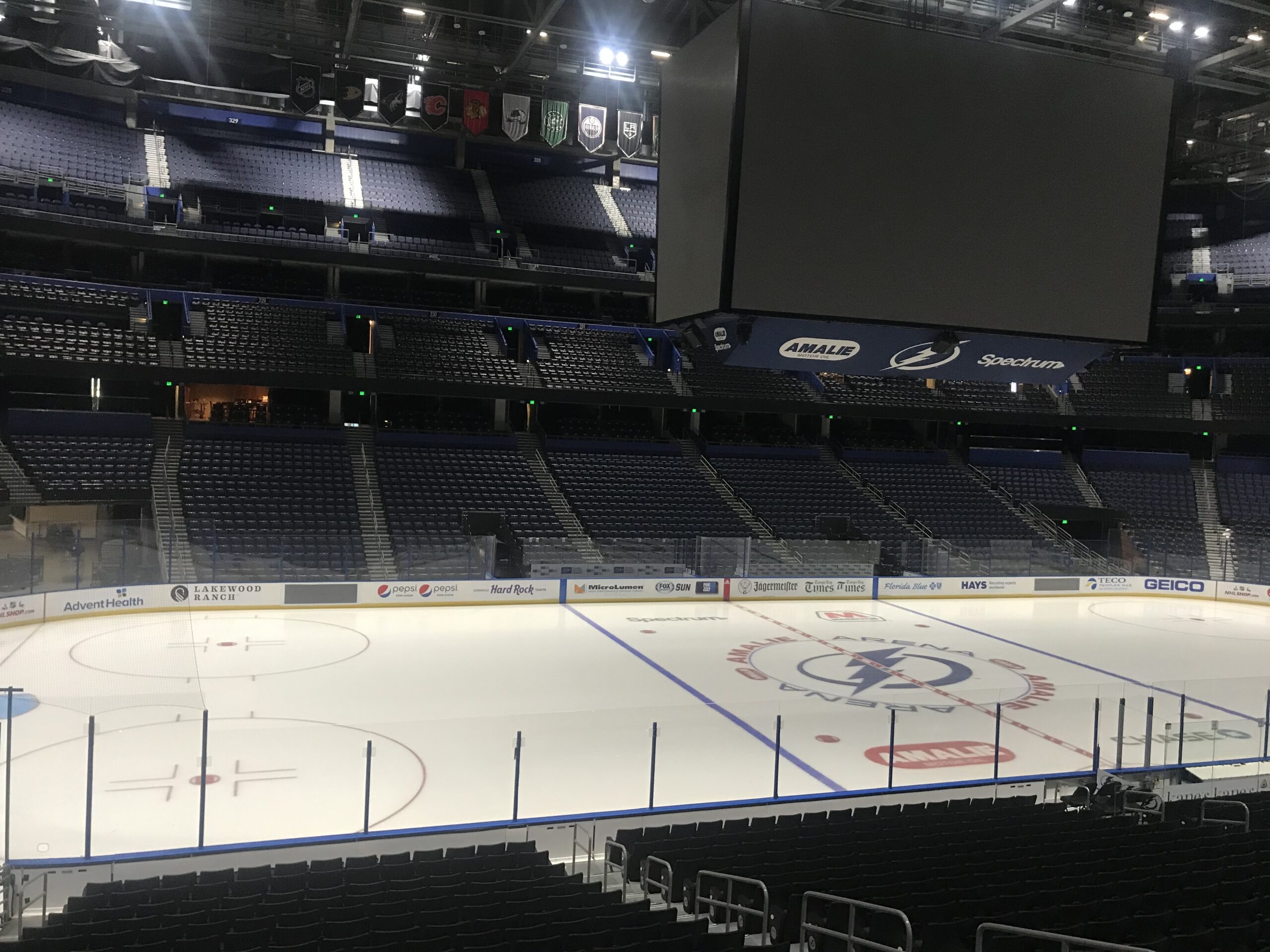
Earlier this week, in response to the coronavirus outbreak, the four active major professional sports leagues (Major League Baseball, Major League Soccer, the NBA and the NHL) issued a joint statement saying that only “players and essential employees of teams and team facilities” would be allowed in locker rooms for the foreseeable future.
While the move was billed as a way to reduce “close contact in pre and postgame settings,” it doesn’t do that.
Media access is now granted only via press conference setting as well as outside of locker rooms. MLB took that a step further by implementing a minimum six-foot requirement reporters must keep from players.
Anyone who has ever seen either of the above knows how cramped those things can get. Chairs at press conferences are usually stacked right next to each other in the interest of fitting as many as possible, and if it’s a capacity crowd, it isn’t as if media members are able to space things out.
Media scrums are even worse. Think “Lord of the Flies,” only with cameras, cellphones, audio recorders and extended arms on top of other extended arms. Even with players being six feet from media members, scrums aren’t exactly the best way to eliminate close contact for others.
Short of completely eliminating media access, options might be limited, and it’s up to media members to exercise caution during these events. But there is one thing that can be done to actually reduce close contact during sporting events that doesn’t involve shutting operations down.
Close the doors to fans.
The only experience with tighter quarters in sports than a media scrum is the concourse of a stadium or arena during a capacity crowd game. If leagues are serious about reducing close contact between people, then they can’t continue to allow 20,000 people to pack into arenas every night.
It’s important to understand you can contract the novel coronavirus and never actually experience any symptoms — but you’re still highly contagious. So the whole “just stay home if you feel sick” argument that gets thrown around on Twitter is not a fix. Yes, of course stay home if you feel sick, but that doesn’t mean you can’t make someone else sick.
So, let’s say, you, a healthy 20-something, go to a Lightning game. You don’t have the virus entering Amalie Arena, but the person sitting next to you does — but they don’t have symptoms, so they’re not staying home. As a result of the prolonged exposure, you contract the virus, but also don’t feel symptoms, so you go about your business as usual afterward.
Then you visit your elderly grandmother for a Sunday family dinner. As a result of being contagious, she contracts the virus. She’ll probably have a different experience than you, right? Is that even a chance you want to take?
It literally took a player testing presumptive positive for any real action to begin.
NBA owners Wednesday afternoon voted to play games in empty arenas. Approval from Commissioner Adam Silver was likely coming Thursday until the NBA’s hand was completely forced after a Utah Jazz player — reportedly center Rudy Gobert — tested presumptive positive for the virus late Wednesday night. As a result, the league suspended its season, with ESPN’s Adrian Wojnarowski reporting that the Jazz and their would-have-been opponent Oklahoma City Thunder were quarantined inside the Thunder’s arena.
Meanwhile, the NHL’s Columbus Blue Jackets issued a press release Tuesday that said they would continue to play in front of fans, even after Ohio Gov. Mike DeWine recommended otherwise. The Blue Jackets’ ridiculous stance was effectively overruled Wednesday, as DeWine announced that the restriction on crowds will become a mandate. The San Jose Sharks are set to play in front of an empty SAP Center after Santa Clara County, California, issued a ban on large gatherings.
The NHL issued an odd statement late Wednesday, stating it was aware of the NBA’s decision to suspend operations, but wasn’t going to do the same at the moment, though it did say it was going to have a further update Thursday morning.
In baseball, the Seattle Mariners on Wednesday announced their opening two series will not take place in Seattle after Washington Gov. Jay Inslee announced a ban on events with more than 250 people through the end of March. Reading between the lines isn’t very difficult: The Mariners want to play games in front of fans, and likely could wind up doing so in their spring training home of Peoria, Arizona — if Arizona doesn’t issue a similar ban.
It’s silly that it took cities and states to force individual teams to act responsibly, as well as an actual player getting the virus, before any true action was taken — especially when the leagues had already attempted to do so themselves, even if those actions were ineffective to begin with.



